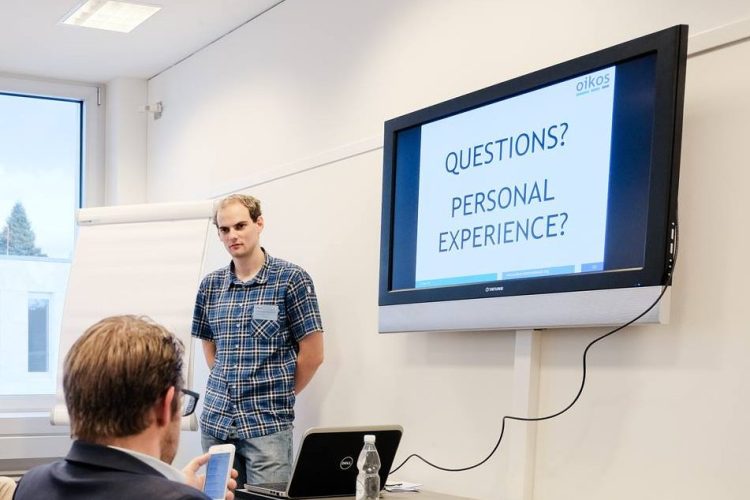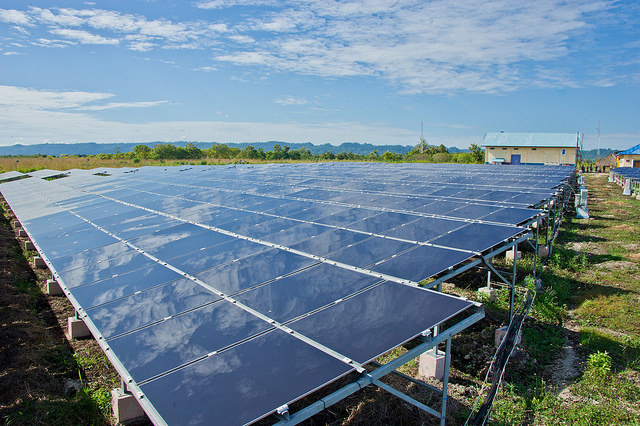oikos NYC is hosting a special kick-off Panel Discussion, featuring Professor Anwar Shaikh, Professor Ying Chen, Professor Willi Semmler, and MA student, Patrick Zeitinger. The theme of the discussion...
Renewing Global Energy Revolution or Evolution? February 22nd 2017 at 6pm CET Technological advancements have made renewable energy sources, especially wind and solar, cheaper and more versatile. In a...
For 6 months, Christoph Rappitsch from Austria has been doing research on “Digital Economy and Sustanability” under the flag of oikos. As he parts with us in January, he...
Technological advancements have made renewable energy sources, especially wind and solar, cheaper and more versatile to use. In a short period of time, solar has become the cheapest generator...
A very happy new year to you all! 2016 was the year when oikos members from around the world committed to walking their talk at the FutureLab. In 2017,...
Join oikos Lille for its sustainability week from 16th to 20th of January. Read more information in French here
Join oikos & Pizza with VAUDE in Tübingen. Read more information in German here.
Join oikos Hamburg for its event: oikos Discuss & Do, on the topic: Sustainable Celebration. Read more information in German here



